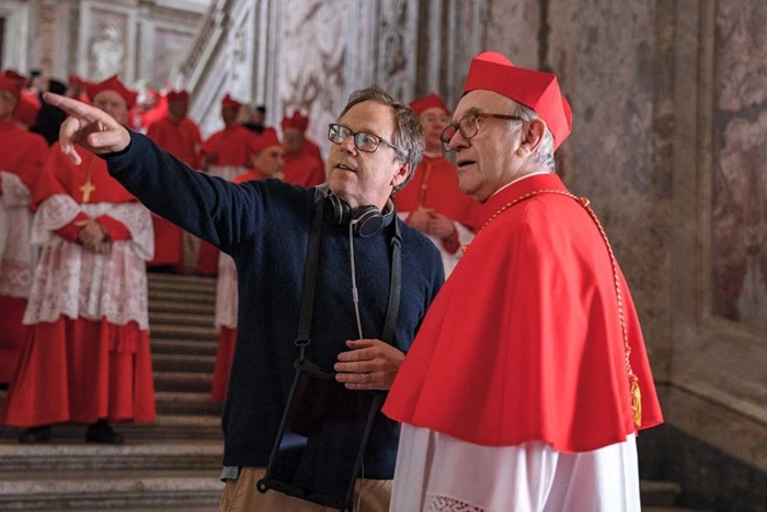
The organization called Yes in God's Backyard (YIGBY) will take on its initial significant undertaking, which involves constructing a 26-unit structure on the land belonging to Bethel African Methodist Episcopal (BAME), the oldest Black congregation in San Diego.
Major Investment
According to the U.S. Catholic, Tom Theisen, a former patent attorney, co-founded YIGBY, an organization that aims to tackle the housing crisis in the area.
The cost of housing has risen threefold over the past two decades, and the demand for it has exceeded the supply.
The organization's approach is rooted in faith and seeks to provide a solution to the crisis.
With this, the new building on BAME will house military veterans who are homeless and struggling to find affordable housing in the competitive housing market of the city.
While some faith communities are hesitant to invest in such a project, Theisen hopes that more will join in the organization's mission.
He acknowledged that it could be challenging for faith communities to take on the financial risk of committing assets and a congregation for an extended time, similar to building a new church.
And so, although some faith communities have shown interest in the project, they have also expressed caution.
The Catholic Diocese of San Diego, for instance, has shown tentative interest, but they have not yet made any commitments.
Meanwhile, Edward Cervantes is optimistic about the success of initiatives like YIGBY and hopes that they become more popular.
Cervantes noticed that many churches in Oakland only had Sunday services and remained empty during the rest of the week.
He believes that this was a wasted opportunity, as these churches could be used to provide essential services to people in need, such as food and shelter.
And so, he hopes that the churches would be more proactive in using their resources to help the community.
Housing Crisis
Despite its status as one of the wealthiest Christian nations globally, the United States has significant and worrying disparities in access to housing.
The Princeton Eviction Lab, which monitors eviction cases in the country, reported that landlords file approximately 3.6 million eviction cases each year.
Carl Gershenson, who serves as the project director at the lab, stated that the United States should be the last country to struggle with this issue.
Given that the country has abundant land and wealth, Gershenson believes that the nation should be able to provide housing for all of its citizens.
According to Gershenson, the unequal access to housing can be traced back to Thomas Jefferson and longstanding cultural beliefs that promote the idea that the most outstanding citizens are those who own land.
He stated that this leads to a government that favors homeowners and provides subsidies to them, which often benefits higher-earning families.
Conversely, individuals who do not have the intergenerational wealth needed to purchase property receive little support from the government.
According to Gershenson, political solutions are necessary to address the housing crisis.
He argued that the United States could afford to tackle this problem, despite its high cost.
At the local level, he stated that governments could take action by allowing for the construction of apartments, particularly along transit routes.
Wealthier suburbs, which have excluded low-income families and people of color through zoning laws, can use their fiscal capacity to provide tax abatements and subsidize the construction of rent-restricted apartments, with rent limited to 30 percent of a person's income.
Gershenson also stated that local groups could work together to push their communities to take action on this issue.
Meanwhile, Henry Louis Taylor, a New York State University professor of urban and regional planning, believes that publicly financed community land trusts could be a potential solution to the housing crisis.
He stated that the land could be leased to others but remains under the control of the community.
This model could help develop new housing options that are affordable for the people living there.
Taylor also sees cooperative ownership as a viable solution.
He noted that there are already pockets of this approach in cities like New York and Buffalo.
He believes that cooperative ownership and community land trusts will become increasingly popular in the future and may be the only way to manage a housing market that has caused significant distress for many people.
On the other hand, Father James Podlesny, a Benedictine, believes that those who have resources must recognize the reality of housing injustice.
He believes that people who have experienced suffering in any form, such as hunger or losing their homes in a fire, understand the plight of those in need.
And so, Father Podlesny urges people not to ignore the poor and to take action to help them.
More from Crossmap:
Living Water Church of the Nazarene opens shelter following cold weather





